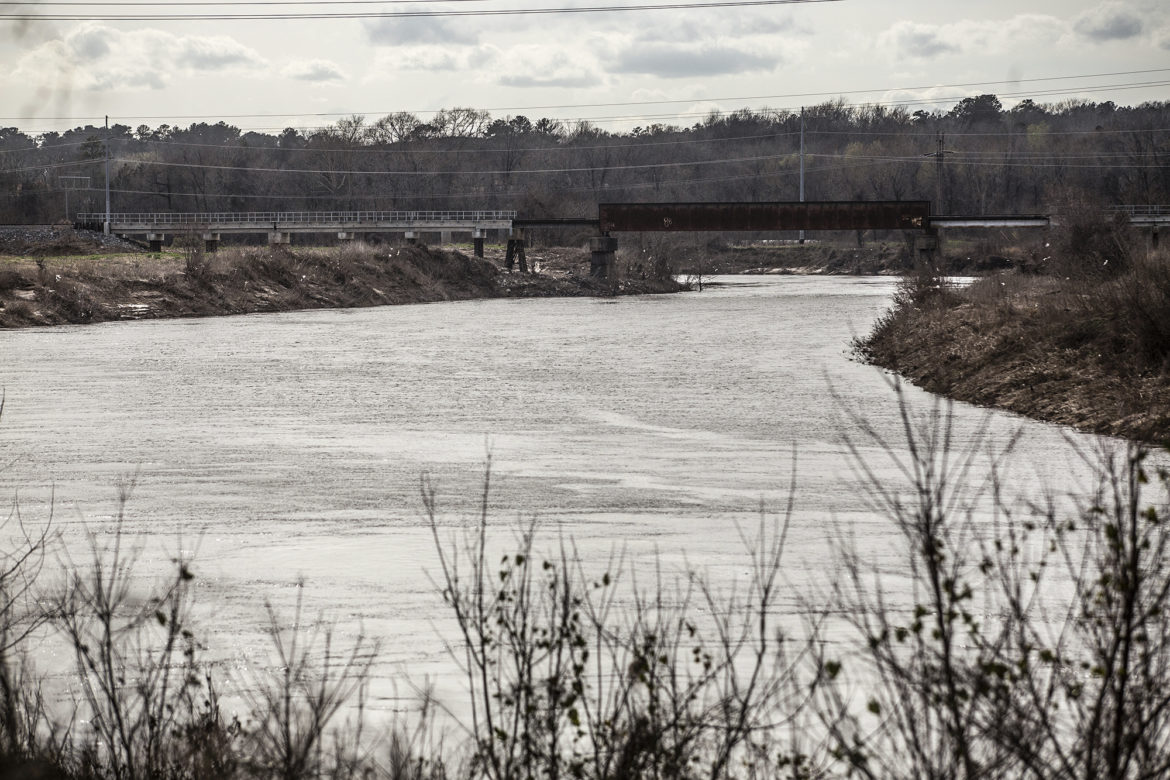The U.S. Army Corps of Engineers has again pushed back the release of a new Jackson-area flood control study, the agency announced on Monday, saying it needs more money to finish its analysis.
The study is the next step in a decades-long process to protect Jackson from Pearl River flooding. For years, local flood control officials have pushed a plan known as “One Lake” to widen the river near the capital city. But environmental advocates and downstream cities have fought back at every turn, arguing that One Lake would threaten ecosystems below Jackson and is more so a real estate scheme than a flood control plan.
The corps, which told residents in May that it has yet to endorse any proposal, originally planned to release a new environmental study for the project on Sept. 1. The new study will compare several routes for flood control, including One Lake, voluntary buyouts, elevation or floodproofing of homes, or some combination of those options.
On Aug. 31, the corps announced it was delaying the study’s release by “no later than 60 days to allow for additional analysis and coordination,” citing the large volume of comments the agency received after its public hearing in May.
But on Oct. 5, WLBT reported that the corps had ran out of money allocated to complete the study, saying the agency had spent $1 million so far. On Monday, the corps confirmed that it had “exhausted” funding. The agency has found the necessary funds, it says, but is working to get approval from the Office of Management and Budget.
A year ago, the corps announced $221 million in funding for the project through the Infrastructure Investment and Jobs Act. Local sponsors of the One Lake project estimate it’d cost $340 million total.
Christi Kilroy, chief of Public Affairs for the corps’ Vicksburg District, added that the agency decided to expand the initial scope of the study. After receiving numerous comments about tributary flooding in the creeks throughout Jackson, the corps is ensuring the new study addresses those concerns.
Under its initial timeline, the agency planned to release a draft study in September, followed by another public comment period, the release of the final study in December, and then a final decision by Assistant Secretary of the Army of Civil Works Michael Connor in January. It’s unclear how far the delays have pushed back that timeline.

